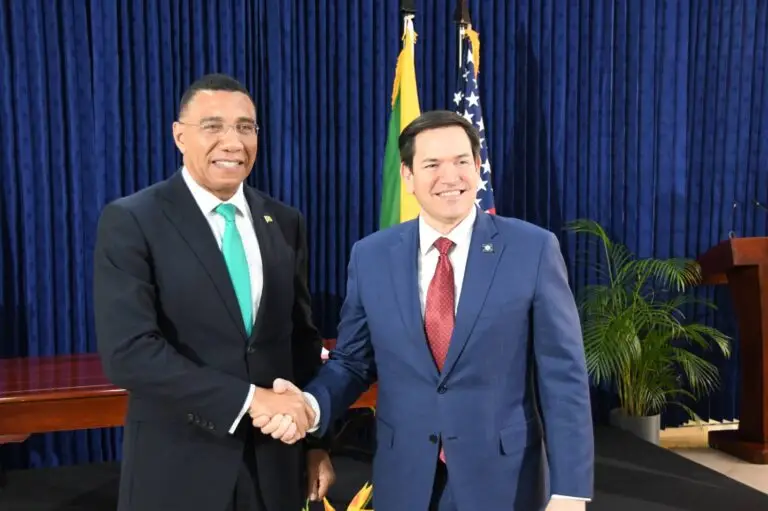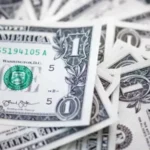Jamaica is back on the radar—not as a tropical escape, but as a strategic prize in a modern power game playing out between the East and West.
The Caribbean, long treated as a quiet backyard for major powers, is roaring back into geopolitical relevance. Jamaica, sitting in the heart of this revived interest, now finds itself in the eye of a growing storm. Unlike the Cold War of old, today’s contest isn’t cloaked in ideology but cloaked in ports, digital infrastructure, supply chains, and influence.
China has quietly ramped up its involvement in the region, financing roads, ports, and housing projects while integrating its state-run companies into local economies. Meanwhile, the United States, unnerved by this slow but steady expansion, is shifting gears—from friendly cooperation to hardline positioning.
What was once diplomacy has turned into dominance theater. And Jamaica, strategically placed along key trade routes, is the stage.
Earlier this year, President Trump’s bombshell comments about reclaiming control of the Panama Canal sent shockwaves across the region. Though seemingly outlandish, the statement reveals a deeper shift: the U.S. is no longer content with being one voice in the region—it wants to be the voice. And Jamaica’s choices now matter more than ever.
Recent American gestures, from high-profile visits to security collaborations, have raised eyebrows. At face value, the missions are about crime, aid, and cooperation. Scratch the surface, and it’s about securing allegiance in a brewing contest for dominance across the hemisphere.
The government’s swift appointment of former police commissioner Antony Anderson as ambassador to the U.S. seems less about diplomacy and more about message-sending: Jamaica’s foreign relations are increasingly wearing a security uniform. Some say it’s strategic. Others see it as a warning.
Meanwhile, domestic conversations are changing. People aren’t just asking who will win the next election—they’re asking who will own Jamaica’s future. The idea that political power could be shaped not just in Gordon House, but also in Washington or Beijing, is unsettling.
This isn’t about left or right anymore. It’s about sovereignty versus influence. Independence versus convenience.
Forty years ago, Jamaica helped open the door to a U.S.-led invasion of Grenada. That chapter, for many, is still unfinished business. And with tensions building in Panama, whispers are swirling that history may be preparing a second act.
Jamaica’s next move could define a generation. Will it chart an independent course, or will it lean into one camp, hoping the winds don’t change?
For now, the world watches. But make no mistake—Jamaica is no longer just watching back. It’s being watched, measured, and courted by giants. The question is: will it dance, or will it draw a line?






